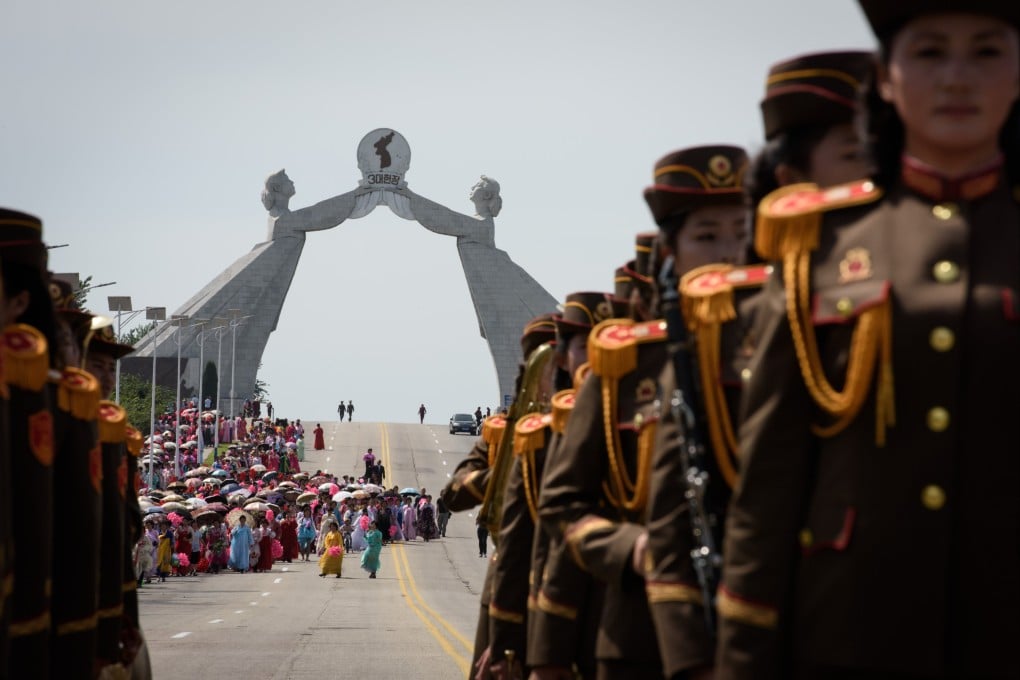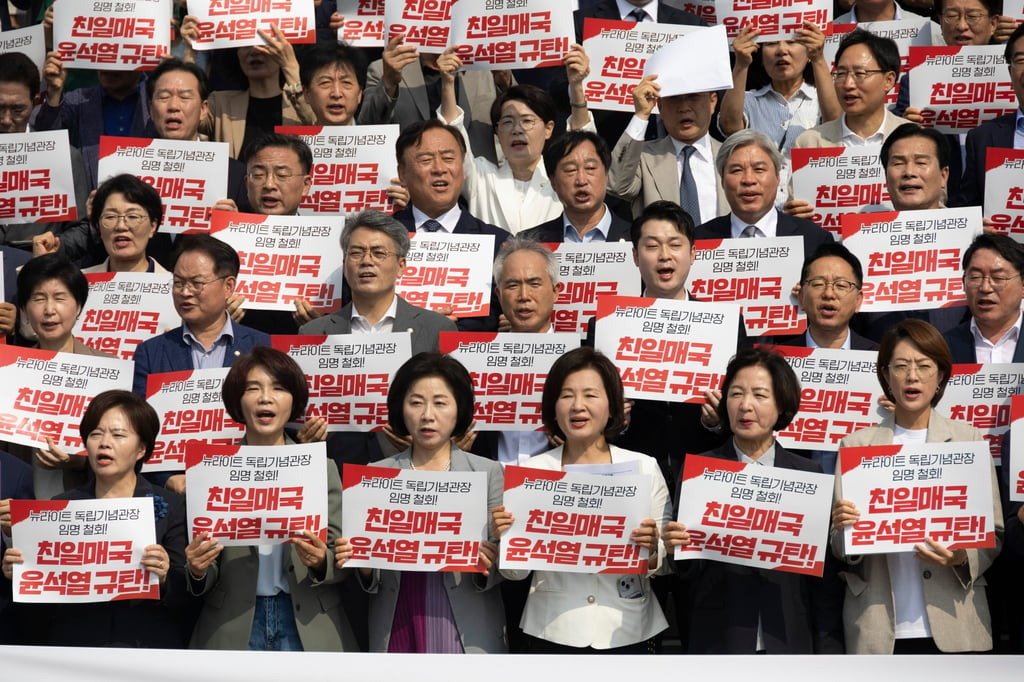Opinion | South Korea’s unification plan ignores domestic and regional realities
- Divisions in South Korea and wariness among both its allies and adversaries don’t bode well for Yoon Suk-yeol’s vision for the peninsula

South Koreans hold a central position in the proposed plan. Yoon said the people must possess the values and capabilities needed to pursue freedom-based unification. He also talked about possible people-to-people and cultural exchanges.
However, such a policy would require bipartisan support and a domestic consensus. On the political front, however, South Korea represents more of a “house divided” than united. This political divide between the ruling People Power Party and the Democratic Party of Korea (which leads the opposition) was most clearly visible in the two separate ceremonies held on National Liberation Day.
While Yoon has denounced his political rivals, calling them “pseudo-intellectuals” and “anti-unification forces” who attack the values of freedom, the opposition has expressed anger at the government’s attempts to “distort history” and criticised the influx of the “new right” into key positions.

Any model which seeks to further the idea of a unified Korea must have strong political consensus across the board, something which seems to be missing for the Yoon administration.
